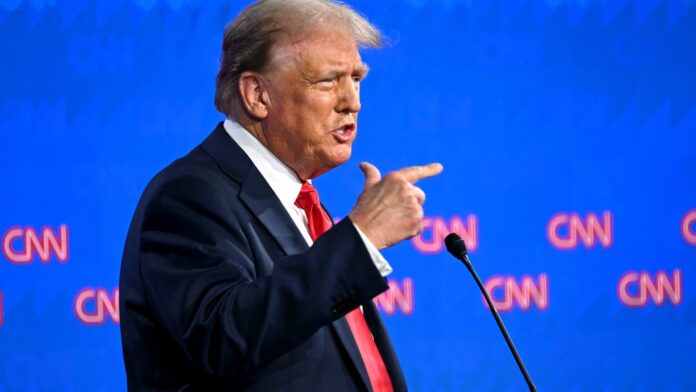Key Falsehoods or Claims:
In this article, Trump falsely claims that Europe doesn’t buy anything from the US and exaggerates the trade deficit with China.
Source:
The source of this information is CNN, a well-known and widely respected news outlet. While some may argue that CNN has a left-leaning bias, it generally adheres to journalistic standards and fact-checking protocols.
Analysis of Falsehoods:
These falsehoods have the potential to shape public opinion by perpetuating the narrative of unfair trade practices by other countries. This can lead to a sense of victimization among the American public and a desire for protectionist policies. In the context of democracy, these falsehoods pose a threat by distorting public understanding of global economics and trade relationships, potentially leading to misguided policy decisions.
Potential Public Reactions or Political Outcomes:
The false claims made by Trump could lead to increased support for protectionist trade policies and a negative view of international trade, despite the benefits it brings to the US economy. This could influence voter behavior by swaying opinions on trade-related issues, potentially affecting political decisions and trade policy.
Further Reading:
For further reading on the influence of media and misinformation, reputable sources include studies from the Pew Research Center, the Harvard Kennedy School’s Shorenstein Center on Media, Politics, and Public Policy, and the Columbia Journalism Review. These sources provide valuable insights into the impact of media on public opinion and the spread of misinformation in political discourse.
Source link
Redirect URL
